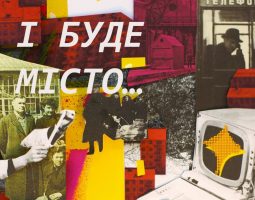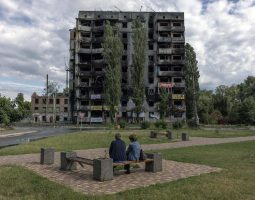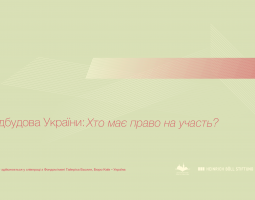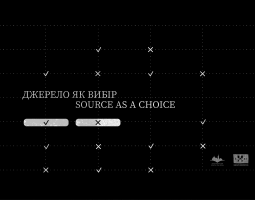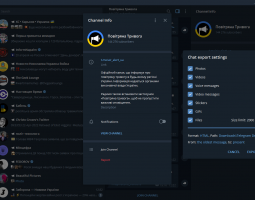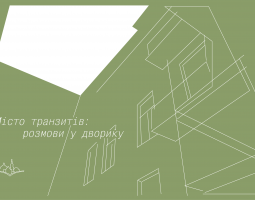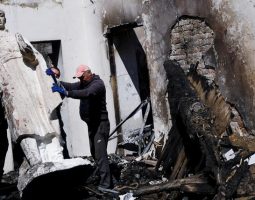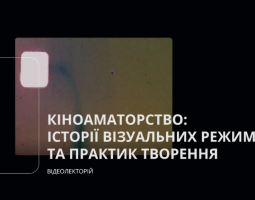Various discussion formats and programs are organized and curated at the Center to enhance the exchange of different opinions, and to make visible the multiplicity of perspectives and voices. The format of round tables, working groups, discussions and presentations enables representatives of different spheres of public life to come together when they would ordinarily not have the opportunity to interact. Discussion series and lectures open to the public are designed to offer possibilities to express opinions and have lively conversations.
Our public discussions often engage with contemporary challenges and critical development in cities: for example, our roundtable series “Kolo Lvova” (“Lviv Circle”/“Around Lviv”) in 2008-2009 and a cooperation with the British Council project “Future City Game'' launched in 2011. A significant part of our public discussions deals with the issues of historical legacies, the diversity of the region, and its traumatic and difficult past. Since 2015, the Center has been organizing more elaborate public programs that combine podium conversations with public lectures. These were developed in connection with two of the Center’s summer schools programs: Jewish history and heritage summer schools and Urban Summer School on planned urbanity. In 2015-2017, the Center’s annual program “Jewish Days in the City Hall'' engaged with the topics of shared responsibility for Jewish heritage in cities; the histories and legacies of violence and how these have changed cities, communities and people; the role of culture in state and ideological projects; and the capacities of culture, art, and in particular museums to offer more inclusive and sensitive ways for our conversations with and about the past. In 2016, a special screening of the documentary, "Shimon’s Returns" and a meeting with Shimon Redlich, a well-known Israeli historian and Holocaust survivor from Brzeżany/Berezhane assembled a very diverse, both local and international audience and led to an insightful, moving, and very pertinent conversation on the contested past. In 2015-2018, four discussion programs dealing with the heritage and legacies of the 20th century modernist projects in Eastern Europe were organized as a part of Urban Summer Schools in Lviv, in Slavutych, and in Lublin and Warsaw (in cooperation with NIAU). Held in public venues with distinguished scholars and practitioners, these programs are specially designed to broaden public conversation, exchange ideas, and thus promote more open and critical engagement with the past in contemporary Ukraine.
The Center’s experience in curating and organizing programs designed to promote dialogue between different sectors of society gained extra importance when war broke out in eastern Ukraine. In 2015 and 2016, the Center organized two public programs within the cultural forums “DonKult” and “GaliciaKult” to revisit and rethink the ways of seeing the Donbas and the Halychyna regions in Ukraine.
Apart from serial formats running across several years and even several places, the Center has organized singular programs dedicated to a selected topic, often in connection with exhibitions. For example, “The City of the Line” dealt with the histories and legacies of interethnic conflicts and violence at the end of the First World War. The “Lwów, לעמבערג, Львів, Lemberg’43: The City that did (not) Survive” discussion program commemorated the 75th anniversary of liquidation of the ghetto and of Janowska camp and reflected the need to voice out and reflect upon the complex history of the city in World War II and during the Holocaust. “Rights, Justice, and Memories of the City” presented the local embeddedness and manifestations of such intellectual and legal concepts as "human rights" and "post-war justice." Conversations on numerous transnational links and multidimensional local contexts of culture of the first half of the 20th century was at the core of the discussion program "Culture (without) Spaces: On Avant-Garde Heritages in Lviv."
The format of the discussion series proved to be particularly helpful for addressing complex issues, presenting multiple readings and interpretations and opening up for conversations across audiences with different opinions.
